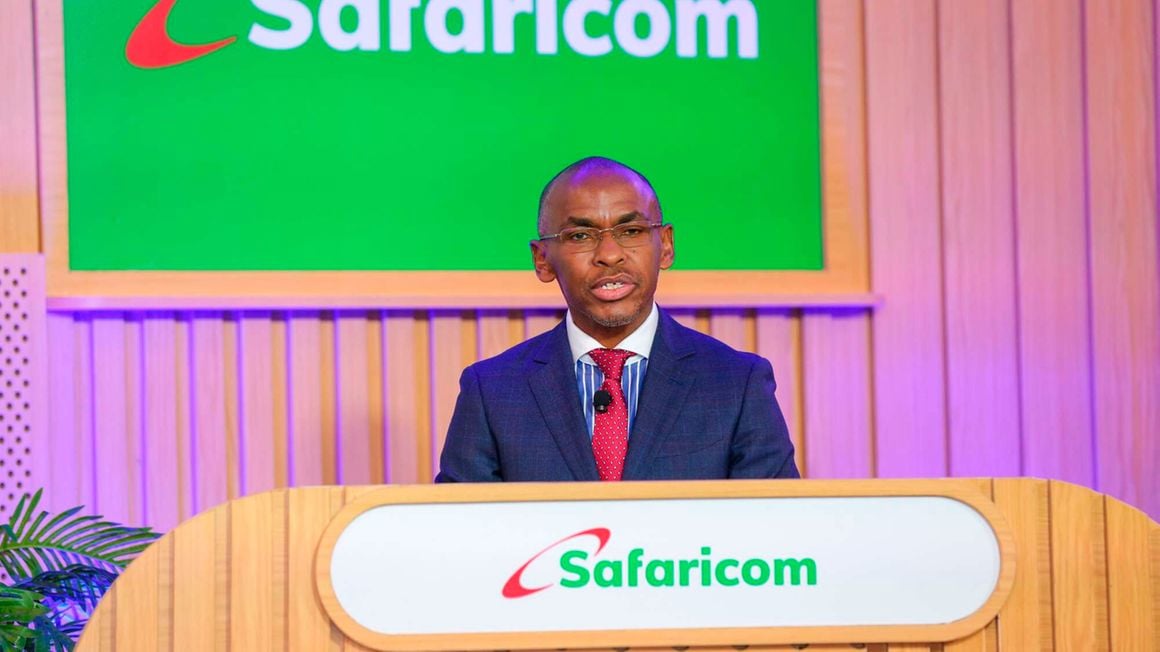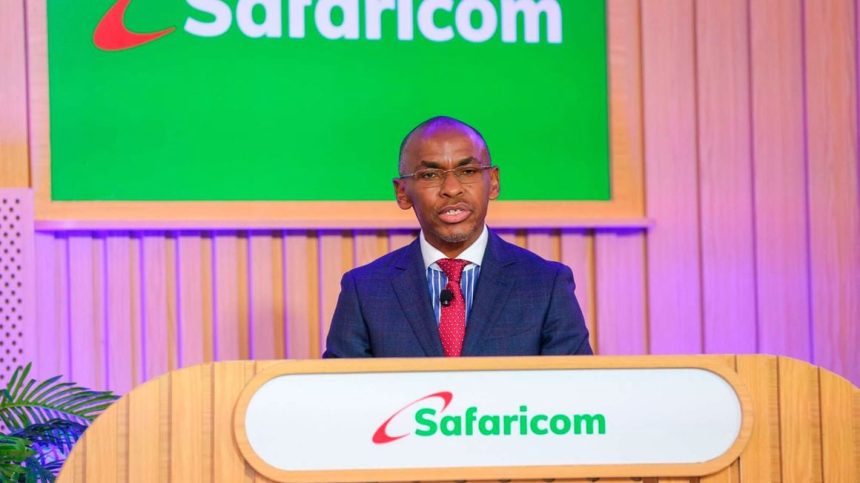Safaricom’s new venture in Ethiopia is facing several headwinds which, if they persist, will hurt the returns from the capital-intensive expansion.
The company’s subsidiary in that market –funded under a joint venture with other partners including Vodacom Group Limited and Sumitomo Corporation— launched operations in October last year.
The operation, which saw a start-up loss of Sh22.1 billion in the six months ended March, is currently benefitting from the country’s hyperinflation which will hurt it in the medium to long term.
The company booked a gain of Sh10.4 billion in the six-month period, representing the erosion of the value of its liabilities including borrowings.
“We recognise that in a period of inflation, an entity holding an excess of monetary assets over monetary liabilities loses purchasing power, while an entity with higher monetary liabilities than monetary assets gains purchasing power,” Safaricom says in its latest annual report.
“With this context in mind, Safaricom Ethiopia has more monetary liabilities than monetary assets, due to the significant vendor financing liabilities. This, therefore, results in a net monetary gain, and we will make adjustments accordingly year-on-year.”
As the subsidiary acquires more assets and becomes profitable, high inflation risks eroding the value of the business and the returns to its shareholders.
Ethiopia’s inflation rate stood at 34 percent in 2022 and is projected to ease to 28 percent this year.

Hyperinflation, defined as an acceleration of the prices of goods and services, erodes the value of the currency (Ethiopian Birr).
Ethiopian authorities reported a three-year and 12-month cumulative rate of inflation of 107 percent and 33 percent respectively as of August 2022, reaching a hyperinflationary classification according to accounting firm EY.
There are also concerns that the economic challenges facing Ethiopia could cause the country to devalue its currency, a move that will erode the value of future profits and dividends from Safaricom Ethiopia.
A weaker Birr will also make it harder for companies to repatriate profits to their foreign shareholders.
“We look forward to the continued operationalisation of network connectivity in Ethiopia and sharing in its success. However, we remain aware of the currency devaluation risks that Egypt and Ethiopia face and will continue to monitor developments in this regard,” Vodacom says in its latest annual report.
“While currency devaluations may also impact the performance of this investment in the near-term, we believe the long-term prospects remain promising as the business is set to expand significantly in the next ten years.”
Ethiopia controls entry and remittance of foreign currencies through specific directives applicable to both locals and foreigners.
The country has faced shortages of hard currencies such as the US dollar, making it difficult for companies to return part of their capital/profits to their foreign owners.
Safaricom hopes that the macroeconomic challenges in Ethiopia will have eased by the time the subsidiary achieves profitability –expected towards the end of 2026.



